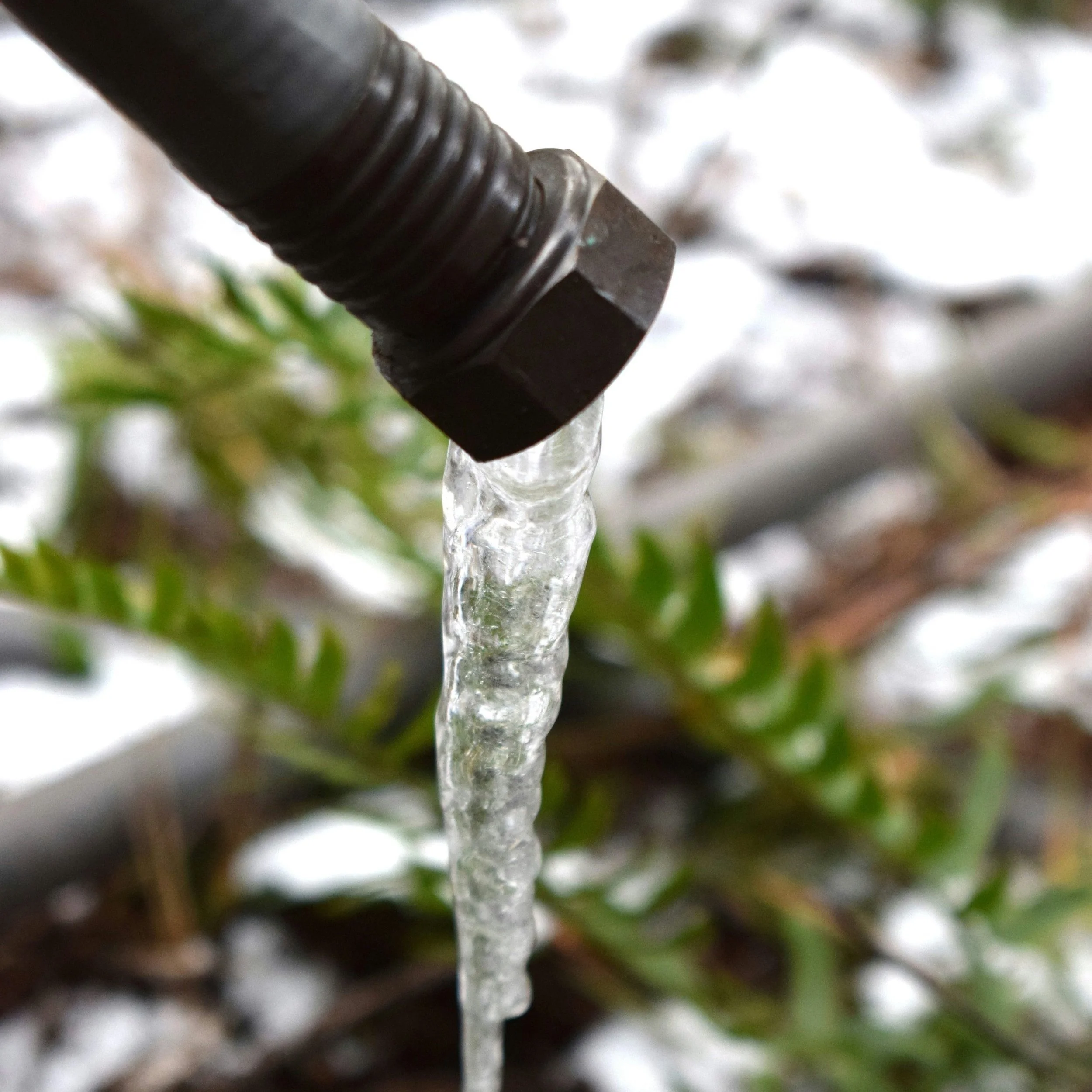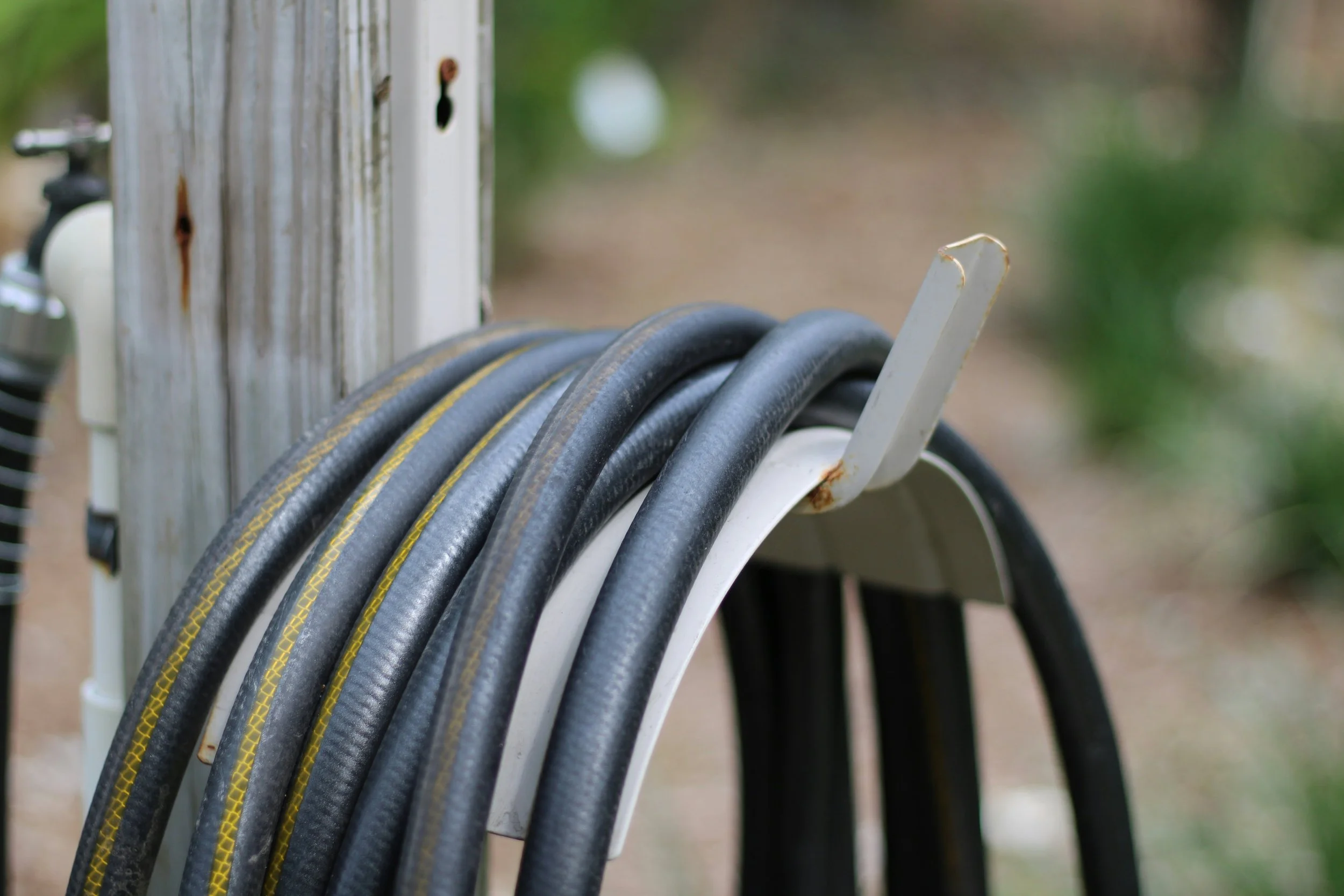The $10 Winter Mistake That Could Cost You Thousands
Winter is here, and with it comes freezing temperatures, shorter days, and the joy of cozying up indoors. But as you settle in for the season, there’s one small task that could save you thousands in water damage repairs: Disconnecting Your Garden Hose.
Yes, you read that right. Something as simple as a $10 garden hose left attached to your outdoor faucet (or hose bib) can lead to costly flooding issues. It’s a mistake many homeowners, especially those new to colder climates, aren’t aware of—until it’s too late. Let’s dive into why this happens and how you can avoid turning your winter into a waterlogged nightmare.
Why Does Leaving Your Hose Attached Cause Problems?
In colder regions, freezing temperatures can wreak havoc on your home’s plumbing, particularly outdoor faucets. When a garden hose is left attached to the hose bib, any residual water inside the hose or faucet doesn’t drain properly. Instead, it can freeze during the winter, causing the pipe inside your home to crack.
Here’s the tricky part: You might not notice the problem right away. The pipe could stay cracked but dry all winter long. The trouble starts when temperatures rise, and you turn the water back on. That cracked pipe? It’s now a leak, and water can seep into your walls, basement, or foundation, causing significant damage.
What could’ve been a five-minute fix in the fall suddenly becomes an expensive and stressful repair in the middle of winter.
Who’s Most at Risk?
We’ve noticed this issue especially among homeowners who’ve recently relocated to colder climates, like those moving from Vancouver to areas where freezing temperatures are common. In coastal cities like Vancouver, where winters are mild and rarely dip below zero, leaving a garden hose attached isn’t a big deal. But in regions with colder winters, like Quesnel, it’s a whole different story.
If you’re new to the area or simply didn’t know this was a potential problem, you’re not alone. Many homeowners make this mistake—it’s an easy one to overlook.
How to Avoid This Costly Mistake
The good news? Preventing this problem is incredibly simple and requires just a few steps:
Disconnect Your Garden Hose Now:
If you haven’t already, go outside today and detach your garden hose from the outdoor faucet. This allows any water to drain from the hose bib and pipes.
Turn Off the Outdoor Water Supply:
If your home has a shut-off valve for outdoor faucets, close it and drain any remaining water from the line. This provides an extra layer of protection against freezing.
Install a Frost-Free Hose Bib:
For added peace of mind, consider upgrading to a frost-free hose bib. These faucets are designed to prevent freezing by keeping the water supply inside the warm part of your home.
Check for Leaks in Spring:
Once winter is over and temperatures warm up, check your outdoor faucets for leaks before reconnecting your garden hose. If you notice any issues, call a professional immediately.
What to Do if You’ve Experienced a Flood
If you’ve fallen victim to this winter plumbing mishap, don’t panic. The key is to act quickly. Water damage can worsen if left unaddressed, leading to mold growth and structural issues.
That’s where Ultrawest Restoration comes in. Our team specializes in water damage cleanup and home restoration, ensuring your home is thoroughly dried, cleaned, and repaired. From assessing the damage to rebuilding affected areas, we handle the entire process so you can focus on staying warm and cozy this winter.
Don’t Let a $10 Hose Cost You Thousands
It’s amazing how something as small as a garden hose can have such a big impact. By taking a few simple steps to protect your outdoor faucets, you can avoid the headache and expense of water damage repairs. And if you ever do find yourself dealing with a soggy winter surprise, Ultrawest Restoration is here to help.
This season, let’s keep the water where it belongs — disconnect those hoses and enjoy a worry-free winter!


